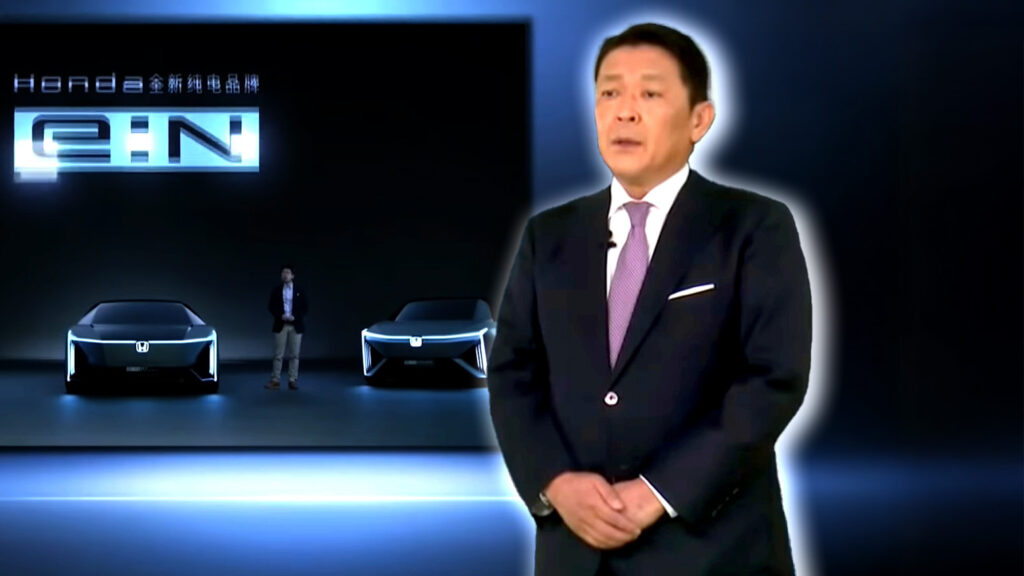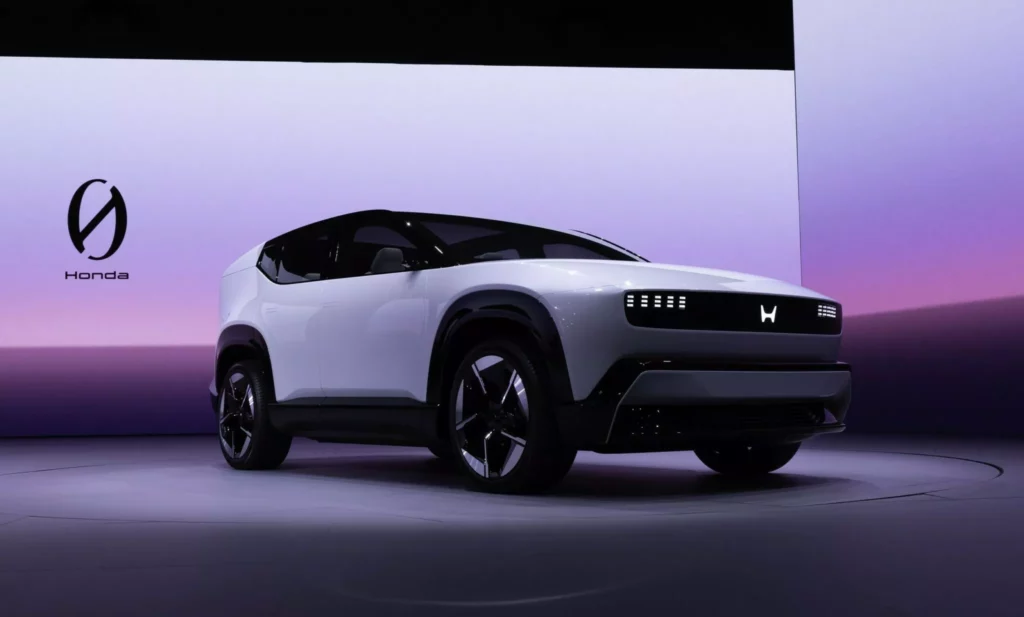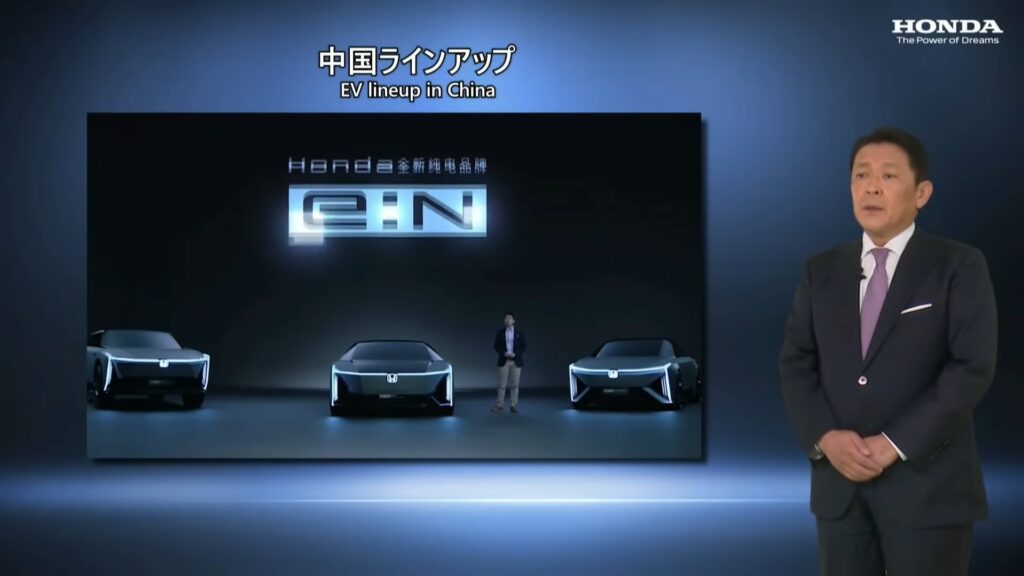Honda Buzz

This year hasn’t been smooth sailing for Honda. A significant development just hit the headlines as Shinji Aoyama, the executive vice president at Honda, decided to step down. This decision cropped up in the midst of allegations surrounding his behavior at a social gathering. Despite being off the clock, the accusations were serious enough for Honda’s audit team to get involved, leading them to draft a disciplinary response.
Aoyama, who began his journey with Honda back in 1986 and played a crucial role in steering the North American branch and pushing the company’s electrification and motorcycle divisions, chose to vacate his position before any official action from the board. At 61, he was a significant figure amongst the top tier at Honda, one of two vice presidents directly under CEO Toshihiro Mibe.
Leadership Dynamics

In response to the situation, Mibe announced he would be trimming his own paycheck by 20 percent over the next couple of months. This gesture seems to underscore the implications of the situation and the company’s commitment to reshaping their leadership structure as a response to these recent events.
Honda, which had been charting talks of a possible $60 billion merger with Nissan until plans fizzled, is already facing a tricky 2025. Adding to its woes are the stock performances. The company’s shares have taken an 11 percent plunge after a hefty 25 percent tariff was announced on non-U.S.-made vehicles and parts by former President Donald Trump, which added to an overall 22 percent stock dip this year.
Corporate Impact

Following Aoyama’s resignation, Honda openly lamented the fact that someone tasked with leading has been caught up in these allegations. The stress is notable given Honda’s reputation and the overarching market conditions, where a merger failure and the ongoing tariff adjustments continue to cast shadows.
With the swift response to this incident, there are whispers around the automotive industry about the possibility of more structural shake-ups at Honda. It seems like the current market difficulties may have already planted those seeds, but nothing confirms a definitive direction as yet.
All things considered, Honda is navigating a year filled with hurdles which seem to keep escalating — from executive changes to financial challenges. As one of Japan’s leading automakers, Honda will need to strategically address these issues to maintain its standing in the global automotive market. After all, in an industry as fast-paced and competitive as automotive manufacturing, staying adaptable is key.
Grand Cherokee Revamp
Tariffs Hit Auto Industry
Ferrari Hot Wheels Revamp
Auto Tariffs Shake Up
Ineos SUV Price Surge